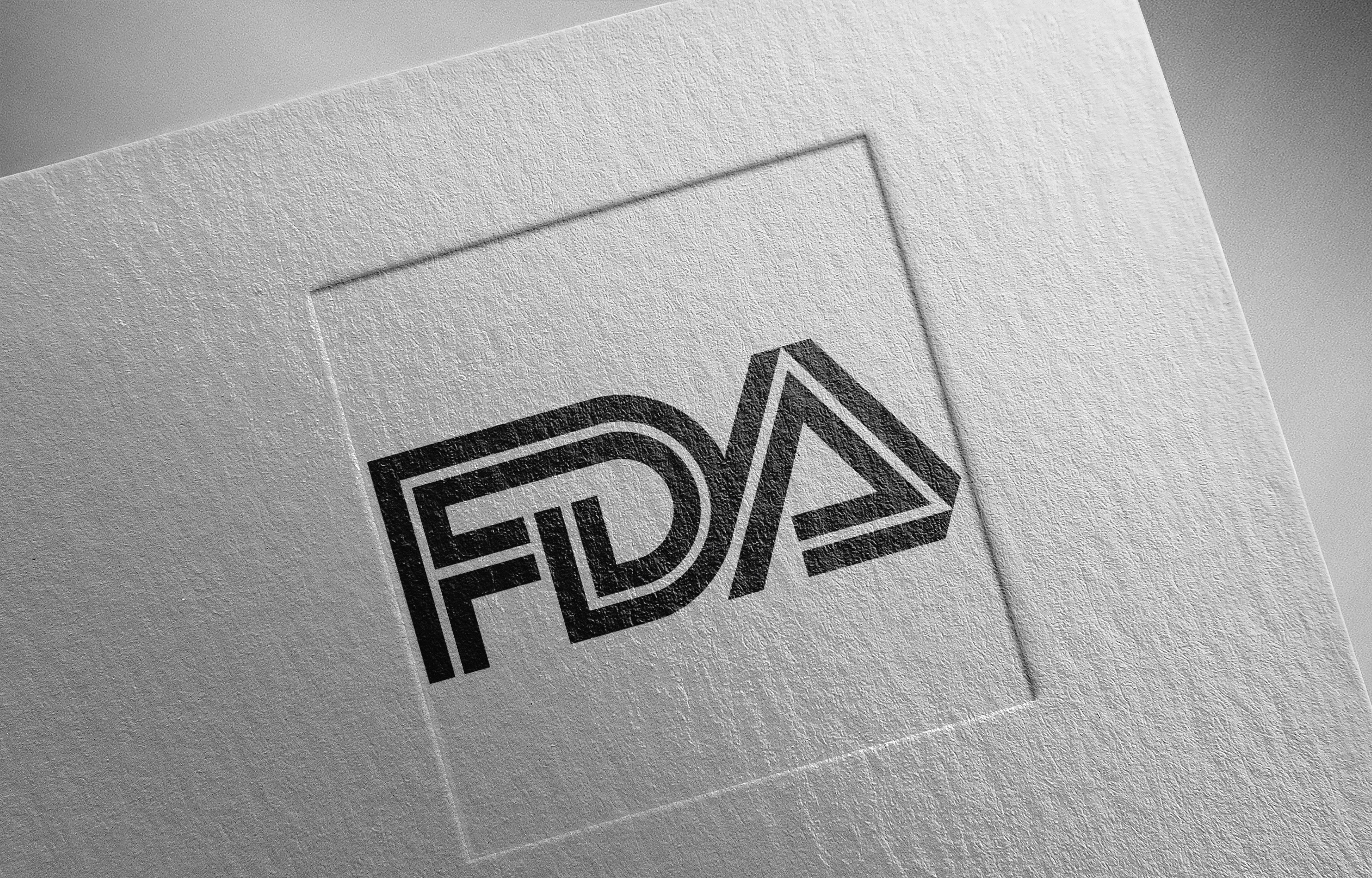FDA grants ABO-101 orphan, rare pediatric designations to treat primary hyperoxaluria type 1
The designations follow the FDA acceptance of IND application for ABO-101 to treat PH1, with a phase 1/2 study planned in the first half of 2025.
FDA grants ABO-101 orphan, rare pediatric designations to treat primary hyperoxaluria type 1 | Image Credit: © Araki Illustrations - © Araki Illustrations - stock.adobe.com.

The FDA has granted a pair of designations, both orphan drug and rare pediatric disease, to ABO-101 (Arbor Biotechnologies) for the treatment of primary hyperoxaluria type 1 (PH1), according to a press release from the company.1
The rare, genetic kidney disease is associated with the overproduction of oxalate that presents in children, resulting in kidney stones, kidney damage, and evantual kidney failure.
The designations granted to ABO-101 come after the FDA's clearnace of the investigational new drug application for the gene-editing therapeutic in December of 2024.
"ABO-101 receiving rare pediatric disease and orphan drug designations from the FDA for the potential treatment of PH1 underscores the urgent need for novel treatment options,” Dan Ory, MD, chief medical officer of Arbor Biotechnologies, said in a statement.
"As Arbor advances ABO-101 into the clinic with the initiation of the redePHine Phase 1/2 clinical study, these designations reinforce the potential of ABO-101 to deliver lasting disease modification as a first-in-class gene editing therapy for PH1.”
Study initiation of the phase 1/2 trial is anticipated to occur in the first half of 2025. The study will evaluate safety, tolerability, PK/PD, and preliminary efficacy of ABO-101 in both adult and pediatric patients with PH1. The company will outline the design of this study and highlight preclinical data supporting ABO-101 in an oral presentation and industry symposium at the 20th Congress for the International Pediatric Nephrology Association, which is scheduled for February 19-23, 2025 in Cape Town, South Africa.
According to Arbor, ABO-101 is designed to "knock down HAO1 gene expression in the liver, thereby providing durable reduction in oxalate production. ABO-101 consists of a lipid nanoparticle (LNP), licensed from Acuitas Therapeutics, encapsulating messenger RNA expressing a novel Type V CRISPR Cas12i2 nuclease and an optimized guide RNA which specifically targets the human HAO1 gene."
The FDA programs designated to ABO-101 are designed to support the development and evolution of new treatments for serious and life-threatening rare diseases that affect less than 200,000 people (orphan drug designation) or children under 18 years of age (rare pediatric disease designation).
Reference:
Arbor Biotechnologies Announces FDA Orphan Drug and Rare Pediatric Disease Designations Granted to ABO-101 for the Treatment of Primary Hyperoxaluria Type 1 (PH1) and Upcoming Presentations at the 20th Congress of the International Pediatric Nephrology Association (IPNA). Arbor Biotechnologies. Press release. February 5, 2025. Accessed February 5, 2025. https://www.globenewswire.com/news-release/2025/02/05/3021213/0/en/Arbor-Biotechnologies-Announces-FDA-Orphan-Drug-and-Rare-Pediatric-Disease-Designations-Granted-to-ABO-101-for-the-Treatment-of-Primary-Hyperoxaluria-Type-1-PH1-and-Upcoming-Presen.html